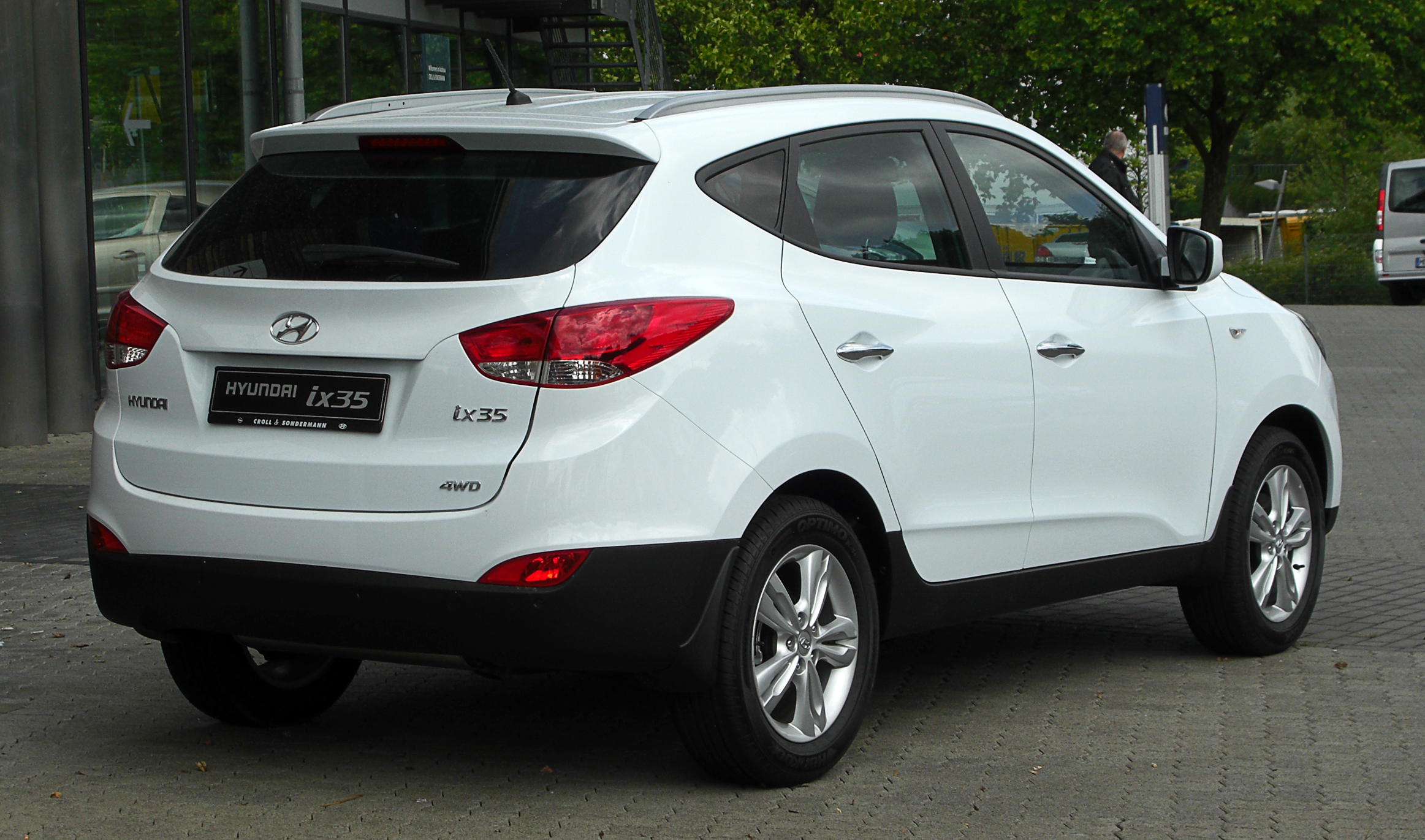Transportation
By: Megan Nichols
Although we haven’t yet reached the age of flying cars that Back to the Future 2 predicted, the transportation industry in 2016 is certainly shifting in the direction of modern alternatives. While visions of sleek self-driving cars may be realistic in a decade or two, the shift that’s occurring today has to do with alternative fuels. Major players in the aviation, automotive and train industries have made investments in alternative fuels that are signaling a new era for the energy industry.
The Continued Rise of Hydrogen Vehicles
 One of the most oft-talked about alternative fuels is hydrogen. Several recent public events surrounding the Hyundai ix35 Fuel Cell specifically have given the public a reason for fascination — the vehicle ascended an impressive hill at Gurston Down, while also publicly covering 406 miles with a single tank. This represents the longest trip in the UK by a hydrogen-powered car, as the Hyundai traveled 6,096 miles successfully over six days. The public took notice. Even more attractive to many is the environmentally-conscious appeal of hydrogen cars. They consume substantially fewer fossil fuels than their diesel counterparts.
One of the most oft-talked about alternative fuels is hydrogen. Several recent public events surrounding the Hyundai ix35 Fuel Cell specifically have given the public a reason for fascination — the vehicle ascended an impressive hill at Gurston Down, while also publicly covering 406 miles with a single tank. This represents the longest trip in the UK by a hydrogen-powered car, as the Hyundai traveled 6,096 miles successfully over six days. The public took notice. Even more attractive to many is the environmentally-conscious appeal of hydrogen cars. They consume substantially fewer fossil fuels than their diesel counterparts.
 Gas savings and environmental cleanliness even prompted the UK government to invest £2m to support rolling out hydrogen vehicles to the public and private sectors. “We want all cars and vans to be zero emissions by 2050 and hydrogen has a huge role to play in delivering cleaner, greener journeys,” said MP Andrew Jones at the opening of the Teddington station. With government support and public interest, hydrogen cars are certainly on a rapid rise.
Gas savings and environmental cleanliness even prompted the UK government to invest £2m to support rolling out hydrogen vehicles to the public and private sectors. “We want all cars and vans to be zero emissions by 2050 and hydrogen has a huge role to play in delivering cleaner, greener journeys,” said MP Andrew Jones at the opening of the Teddington station. With government support and public interest, hydrogen cars are certainly on a rapid rise.
Filling stations appear to be the only obstacle for hydrogen vehicles at the moment, as they’re spacious and require their own location. However, the UK government is assisting with £5m to launch new filling stations this year. The UK’s hydrogen-oriented effort is serious and, perhaps, an indication of the plan that other countries will be rolling out.
Aviation Alternatives
.jpg) Many people don’t have to think about plane noise, but those who live in the vicinity of an airport know it all too well. The engine’s roar can be noisy, partly due to the fuel. New plane models vow to provide a quieter sound for the neighbors below, but those improvements are years away. A more immediate solution involves fuel alternatives.
Many people don’t have to think about plane noise, but those who live in the vicinity of an airport know it all too well. The engine’s roar can be noisy, partly due to the fuel. New plane models vow to provide a quieter sound for the neighbors below, but those improvements are years away. A more immediate solution involves fuel alternatives.
“Fuel efficiency goes hand in hand with the quieter aircraft,” said Leslie Scott, spokeswoman for American Airlines. United Airlines spokesman Charles Hobart added that “the single most impactful way we can mitigate noise is by investing in new aircraft that are quieter and more fuel efficient.”
The Federal Aviation Administration launched a program in 2000 called Continuous Lower Energy, Emissions and Noise (CLEEN), which is now continued as CLEEN II and aims to develop more fuel-efficient aviation technology. A geared turbofan is already in some Indian and European planes and tries to accomplish just that. Clearly, the majority of major aviation players are seeking new fuel alternatives that provide more efficiency and less noise.
Public Transit’s Role
 Public transit will remain an integral part of getting around for the foreseeable future, so to save on costs several major public transit systems are adapting alternative fuels. In fact, 41 percent of U.S. transit buses use alternative fuel or hybrid technology, saving 4.2 billion gallons of gasoline each year.
Public transit will remain an integral part of getting around for the foreseeable future, so to save on costs several major public transit systems are adapting alternative fuels. In fact, 41 percent of U.S. transit buses use alternative fuel or hybrid technology, saving 4.2 billion gallons of gasoline each year.
We will continue to see more bus lines, public transit methods and even alternative fuel sweepers adopt similar technology. Personal vehicles and airplanes will soon follow suit, boosting efficiency and cutting down on noise by embracing alternative fuels and compatible technology.
About the Author:
 Megan Nichols is the editor of Schooled by Science. She enjoys writing about the latest innovations in technology and science.
Megan Nichols is the editor of Schooled by Science. She enjoys writing about the latest innovations in technology and science.
To learn more about NewsWatch on the Discovery Channel, check us out on Tumblr!











I got good info from your blog
G0Dl1m http://www.FyLitCl7Pf7kjQdDUOLQOuaxTXbj5iNG.com